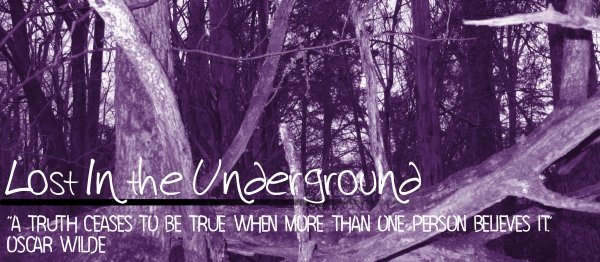Are there theological/philosophical drawbacks to emphasizing whether or not there is historical evidence for the ressurection of Jesus?
I'm starting to read through the transcript of a debate between William Craig Lane, who I admittedly don't like and think is mostly full of hot air (Lane debated a philosophy professor at my college over the existence of God. I cheered on our Prof and kinda wish he had verbally gone for the throat), and Bart Ehrman, who I do rather like. And I'm not very far in, but Lane is already making himself sound like a bit of fool. So, are there theological drawbacks to emphasizing, attempting to prove, etc. that the resurrection of Jesus is indeed a historical fact. Perhaps more to follow. Perhaps not. Depends on my mood.
Subscribe to:
Post Comments (Atom)


3 comments:
There are huge benefits in it if done well. Look at the work of theo/historian N.T. Wright. He wrote a MASSIVE 800+ page book on the resurrection.
Well worth the read too, btw.
I may have to look into that. I'm not convinced that you couldn't make it into something useful, I'm just very convinced that Craig isn't useful.
In my view, trying to "prove" that the resurrection was a historical fact is a hopeless cause. I think a much better direction to go for Christians is the way Marcus Borg looks at it, in distinguishing between the historical pre-Easter Jesus and the ahistorical post-Easter Jesus who was experienced by his followers after he died. Not only is a literal, historical resurrection unnecessary for Christianity, but I would argue that it makes no sense for post-Englightenment Christians to cling to that view of a miraculous intervention in the laws of nature by God. The experience of Jesus after his crucifiction was, in my view, visionary and mystical, and one can easily interpret the resurrection appearance stories in the New Testament (of which there are none in the first Gospel, Mark, and the later ones of which are inconsistent with one another and show a developing Christology that has little to do with historicity) as myths that had a deeper, non-literal meaning.
Post a Comment